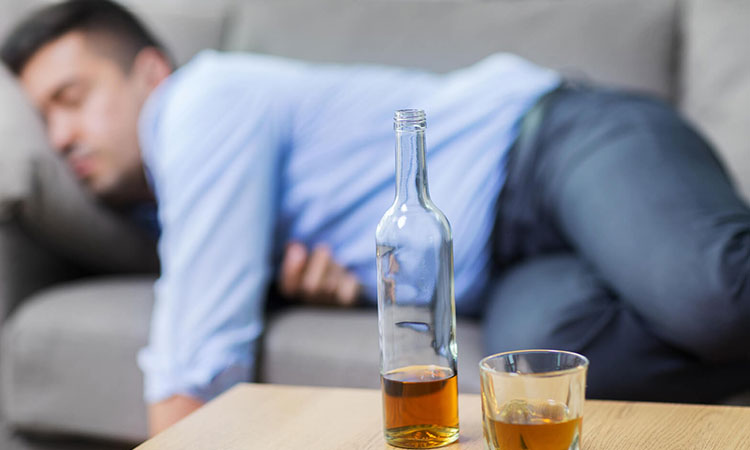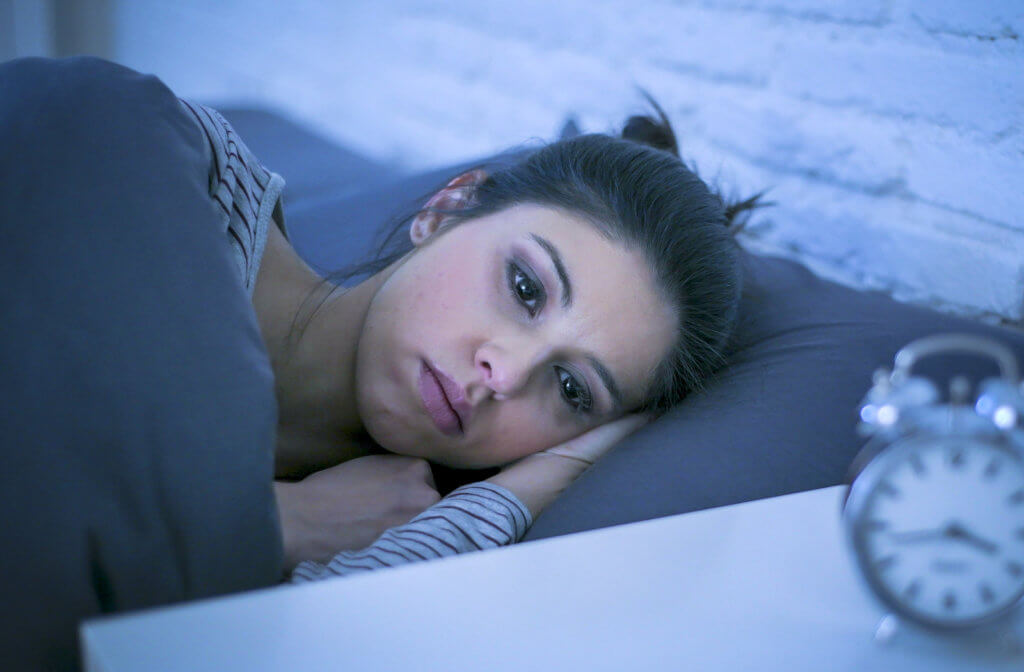
Anyone who consumes alcohol probably knows that it can cause drowsiness. Indeed, as many as 20% of Americans report using alcohol to help them fall asleep. But while alcohol, a depressant, can aid in falling asleep faster, it also contributes to a poorer quality sleep later in the night.
The Role of Sleep
The activities that we engage in before bedtime and can either help or hamper our ability to enjoy a good night’s sleep. Although scientists do not entirely understand why sleep is so critical to mental and physical health, they do know that it has a direct effect on brain function.
Research has shown there is a direct correlation between diminished memory, cognitive functioning, ability to learn new skills, focus, glucose levels, and endocrine functioning when a person does not receive an adequate amount of quality sleep.
Sleep Health
According to the University of Maryland’s Medical Center, sleep disorders are among the most prevalent problems that affect our society – “We stay up too late and get up too early. We interrupt our sleep with drugs, chemicals, and work, and we overstimulate ourselves with late-night activities such as television.”
The Stages of Sleep

A person’s natural sleep pattern occurs in multiple phases throughout the night. The two most significant phases, however, are known as slow-wave sleep (SWS) and rapid eye movement (REM.) SWS, which is the sleep stage in which people spend the most time, is characterized by a deep slumber and the slowing of heart rate and brain waves.
The second primary sleep stage is referred to as rapid eye movement (REM). In this phase, eyelids twitch and the person begins to dream. Heart rate and respiration both increase during REM sleep, which can last anywhere from 10 minutes at the beginning of the sleep pattern to 90 minutes toward the end of a cycle. In sleep experiments, REM stage deprivation has lead to the deaths of animals.
Diseases that are linked to aging can affect a person who is deprived of sleep. Sleep is a critically dynamic time in which the brain reorganizes and the body increases its ability to heal, think, feel, handle stress, maintain a healthy metabolism and heart function, and promote hormone balance and blood cell count.
Eleven Habits That Promote Sleep
Avoid caffeine, nicotine, alcohol and stimulating substances, especially later in the day
Create an environment favorable to sleep (e.g. quiet and dark)
Follow a pre-sleep routine, such as showering or reading
Sleep when you are tired, but avoid late afternoon naps
If you can’t sleep, don’t watch the clock, get out of bed and do a quiet activity until sleepiness onsets
Allow sunlight into rooms early in the day
Keep a regular sleep and waking routine
Eat the last meal early in the evening and stick to light snacks if you must eat late at night
Hydrate throughout the night if you must, don’t drink too much before bed
Avoid exercise within three hours before bedtime
Check with a physician if you are disturbed at night by snoring, restless leg syndrome, narcolepsy, or other conditions related to sleep disorders
Drugs, Alcohol and Sleep Disorders
Per the National Center on Sleep Disorder Research, “all psychiatric and substance abuse disorders are associated with sleep disruption”. Occasionally, sleep deprivation can result in the onset of psychiatric disorders or substance abuse, or substance abuse can result in sleep deprivation.
After chronic use of either alcohol or psychoactive drugs, sleep deprivation can continue long after abstinence from substances. Furthermore, some drugs can damage the chemicals that regulate sleep patterns. Neurotransmitters such as serotonin and norepinephrine influence sleep states, and many drugs and alcohol impair this mechanism and lead to sleep disturbances and insomnia.
The use of alcohol as a sleep aid may work initially, but later produce sleep disruptions as it interferes with the stages of sleep. Alcohol is also linked to sleep apnea and the narrowing of the upper respiratory passageways, which will cause the person to awaken while gasping for breath.
Also, stimulants such as cocaine and methamphetamine modify dopamine levels in the brain. Dopamine is connected to a state of wakefulness, and when someone uses cocaine, SWS and the stages of sleep are reduced. When cocaine effects subside, sleepiness occurs and the person must use more cocaine to stay awake.
Finally, marijuana, opiates and even over-the-counter drugs can all interfere with sleep stages by reducing one or both of the primary sleep phases.
Drug and Alcohol Detox and Addiction Treatment
Detox is the process in which the body is cleansed of toxins and byproducts related to drugs and alcohol. A supervised, medically monitored drug detox is quite often the best option, as a detox from alcohol and certain drugs can be dangerous or compel the person to relapse.
During a clinical detox, physicians who specialize in addiction can help relieve the physical and psychological pain associated with a detox, such as through the administration of non-narcotic medications that mitigate withdrawal symptoms including sleep disorders that develop due to the abuse of alcohol and drugs.
Whether the sleep disorder contributed to the addiction or vice versa, substance abuse treatment can help. The underlying cause for the sleep disturbances will be addressed, and through participation in a variety of therapies, such as cognitive-behavioral therapy, the patient can learn to manage sleep disturbances without relapsing.
Our programs are structured with various components of evidence-based treatment practices and holistic approaches to treatment that provide our patients with the knowledge and tools they need to be successful in their recovery.
If you or your loved one is suffering from substance abuse, please seek help as soon as possible.